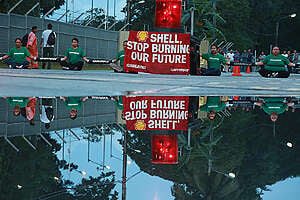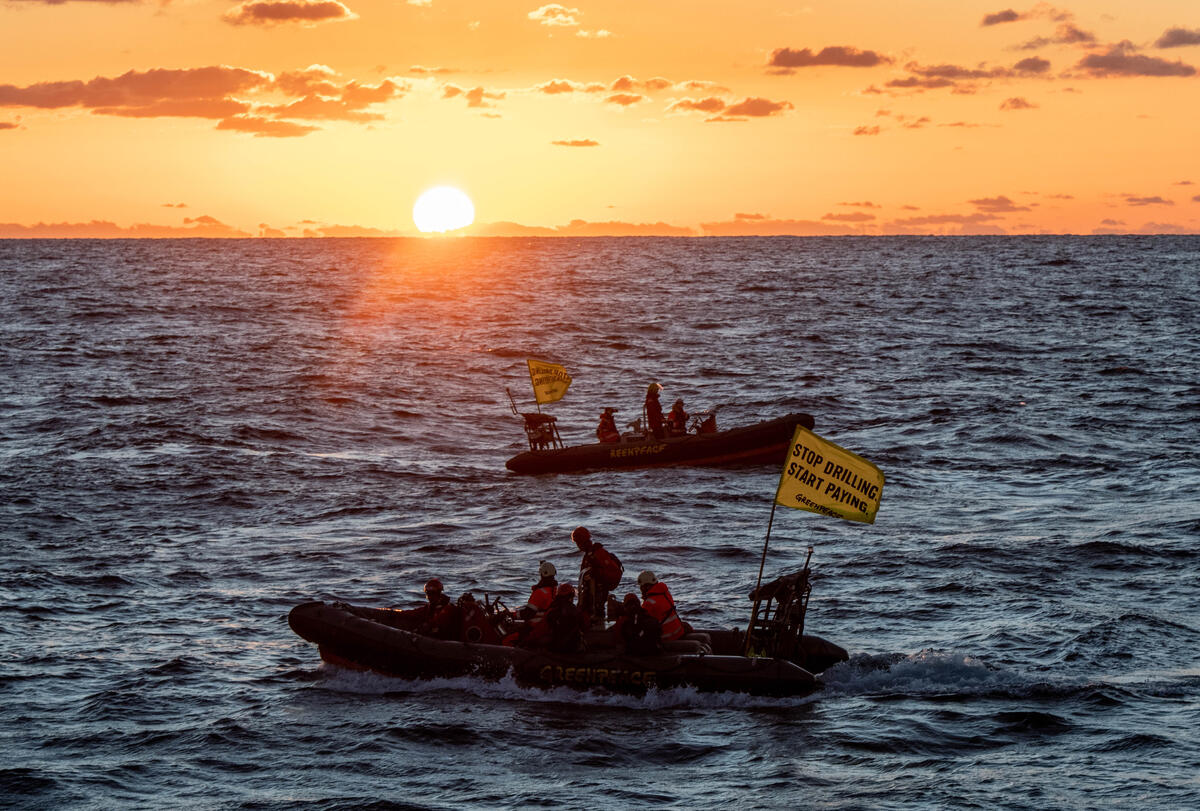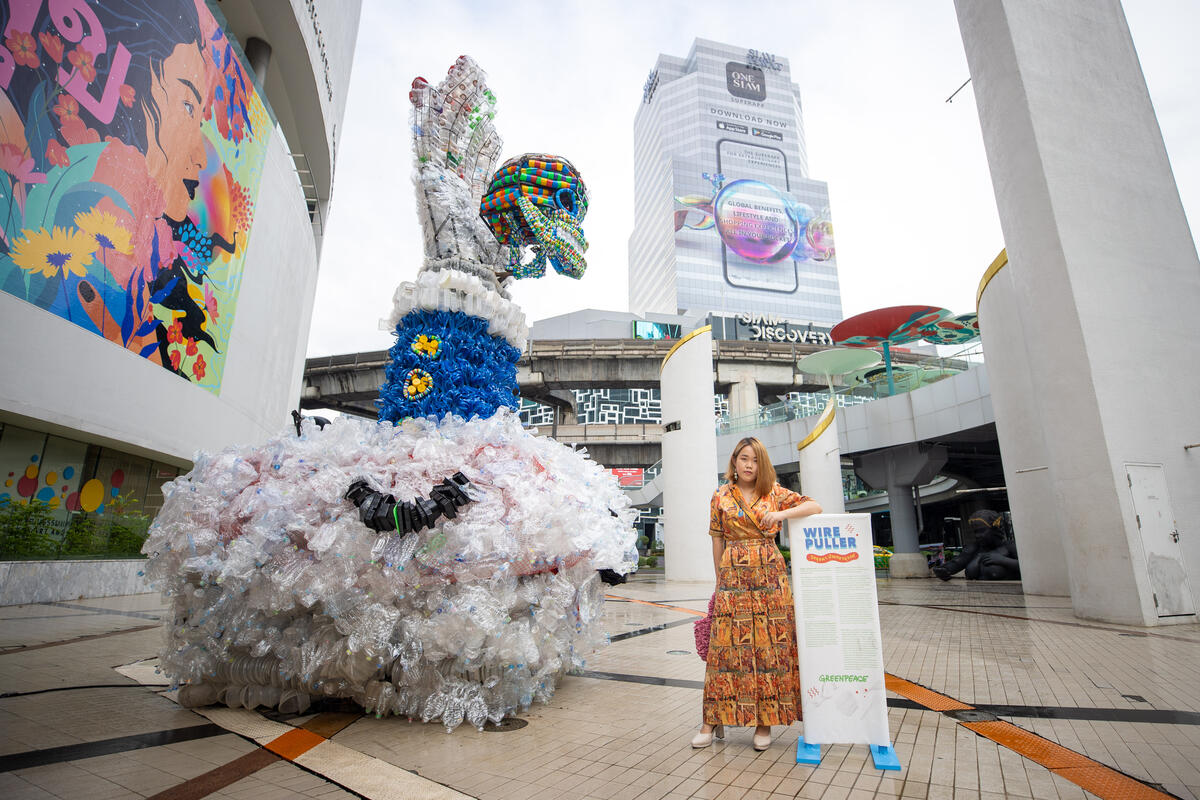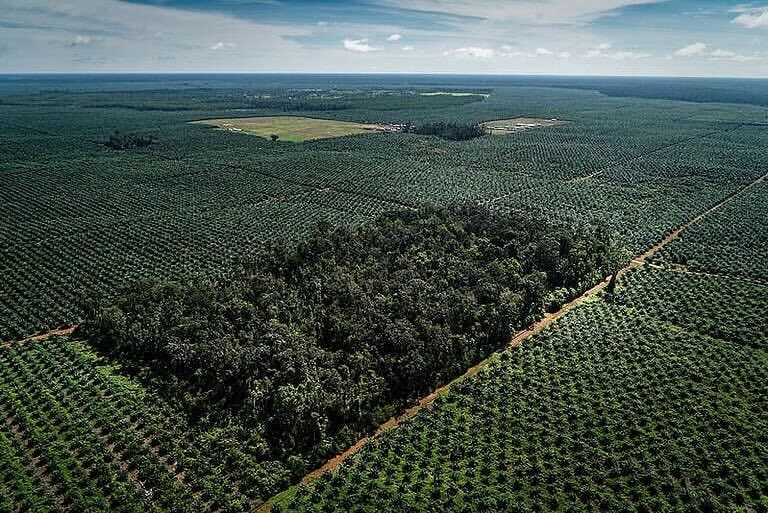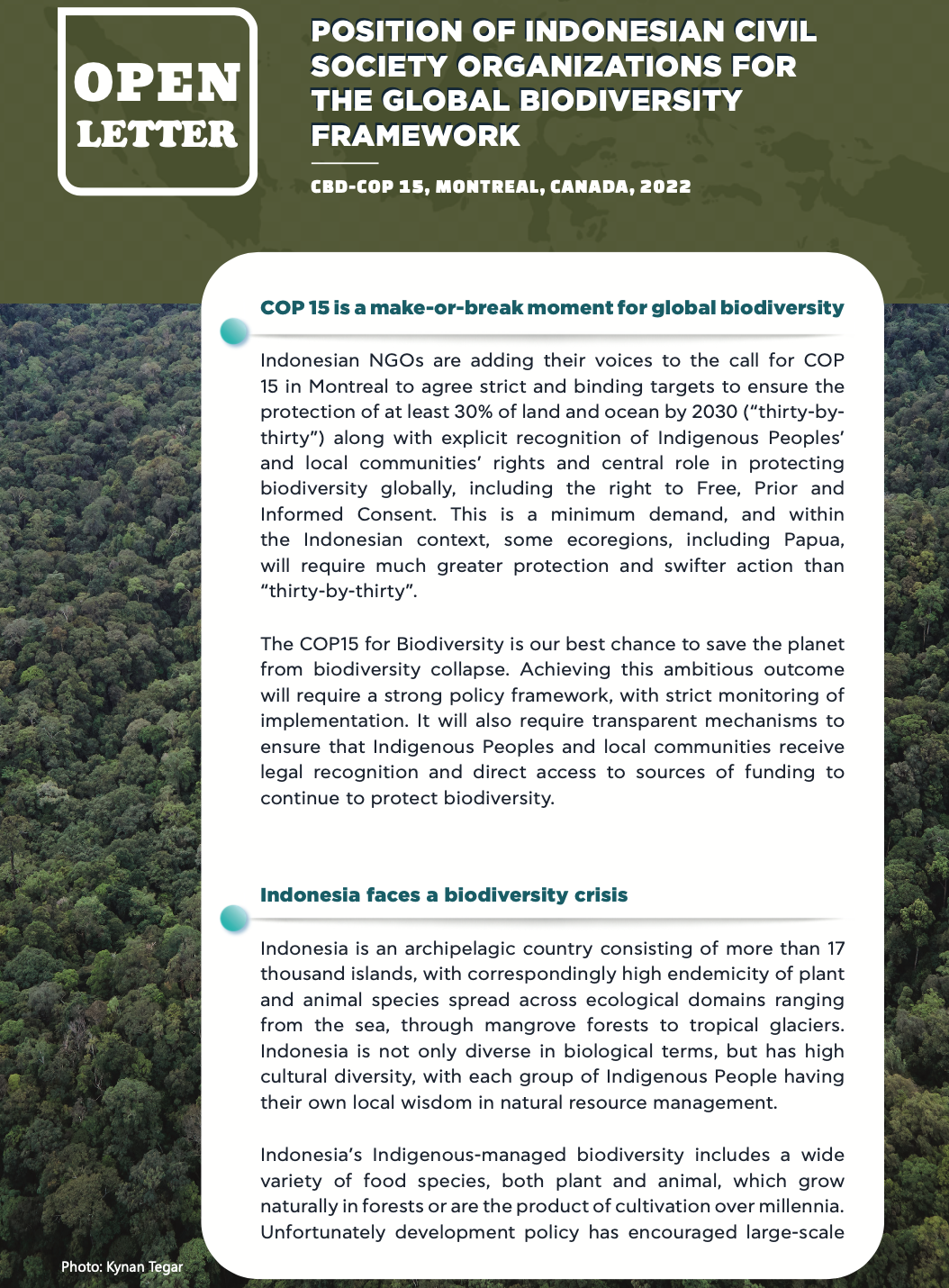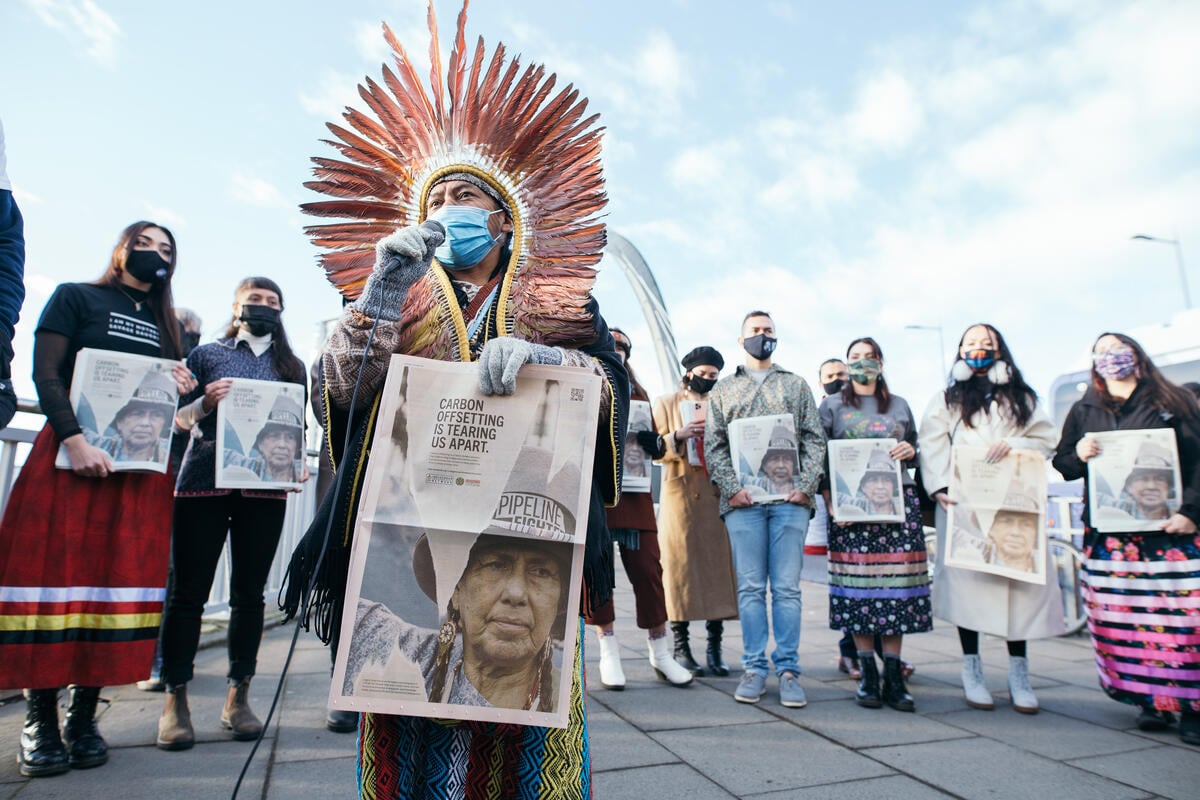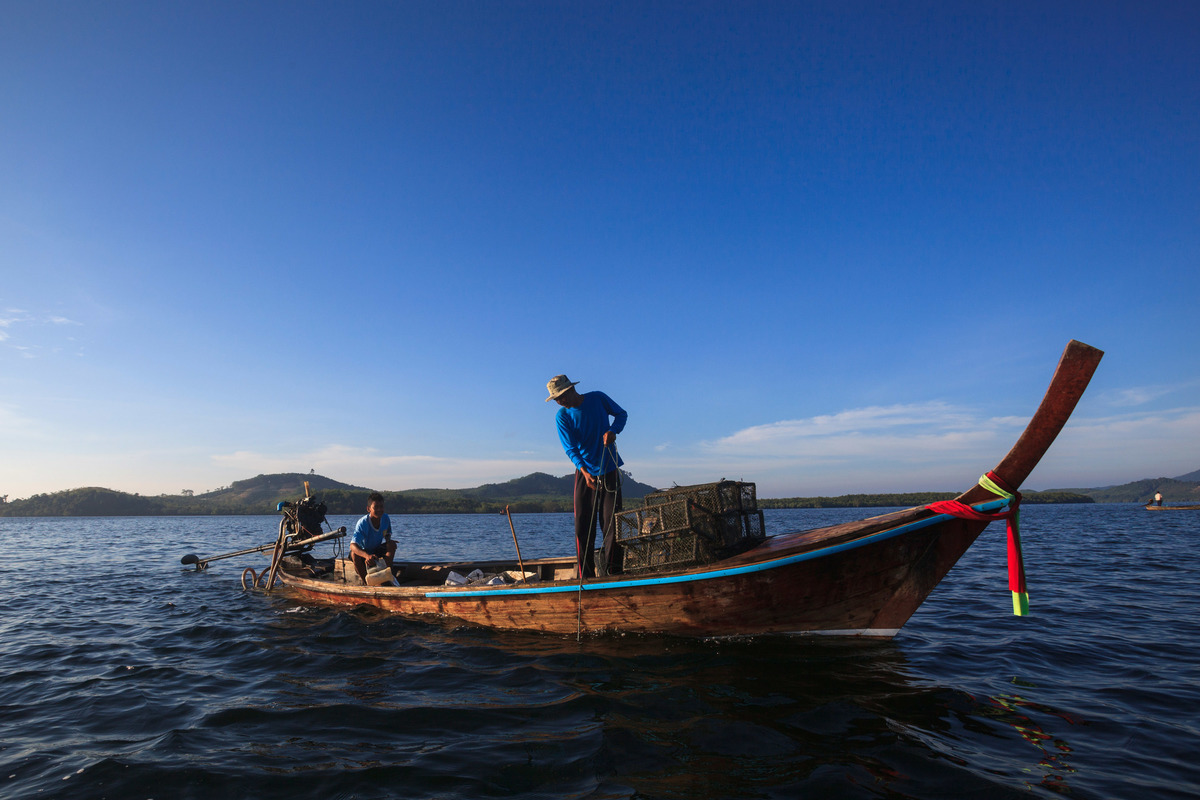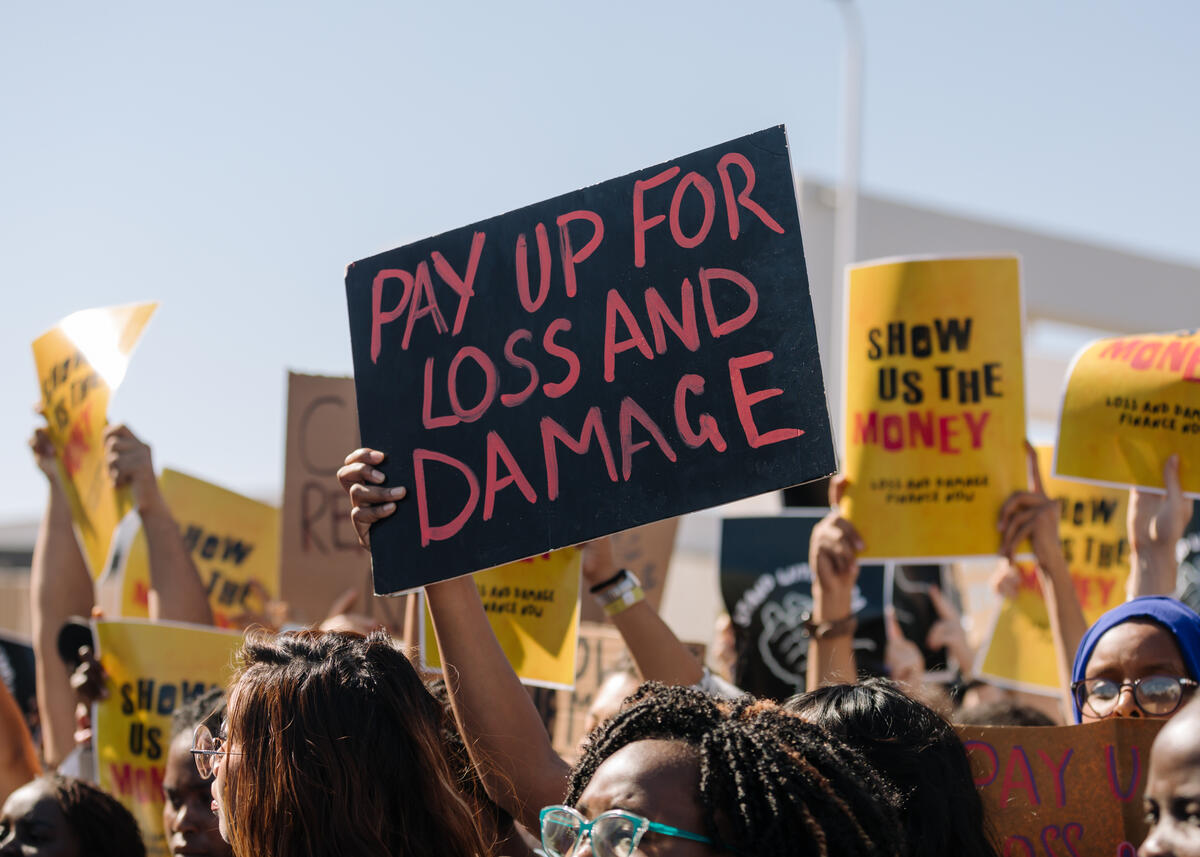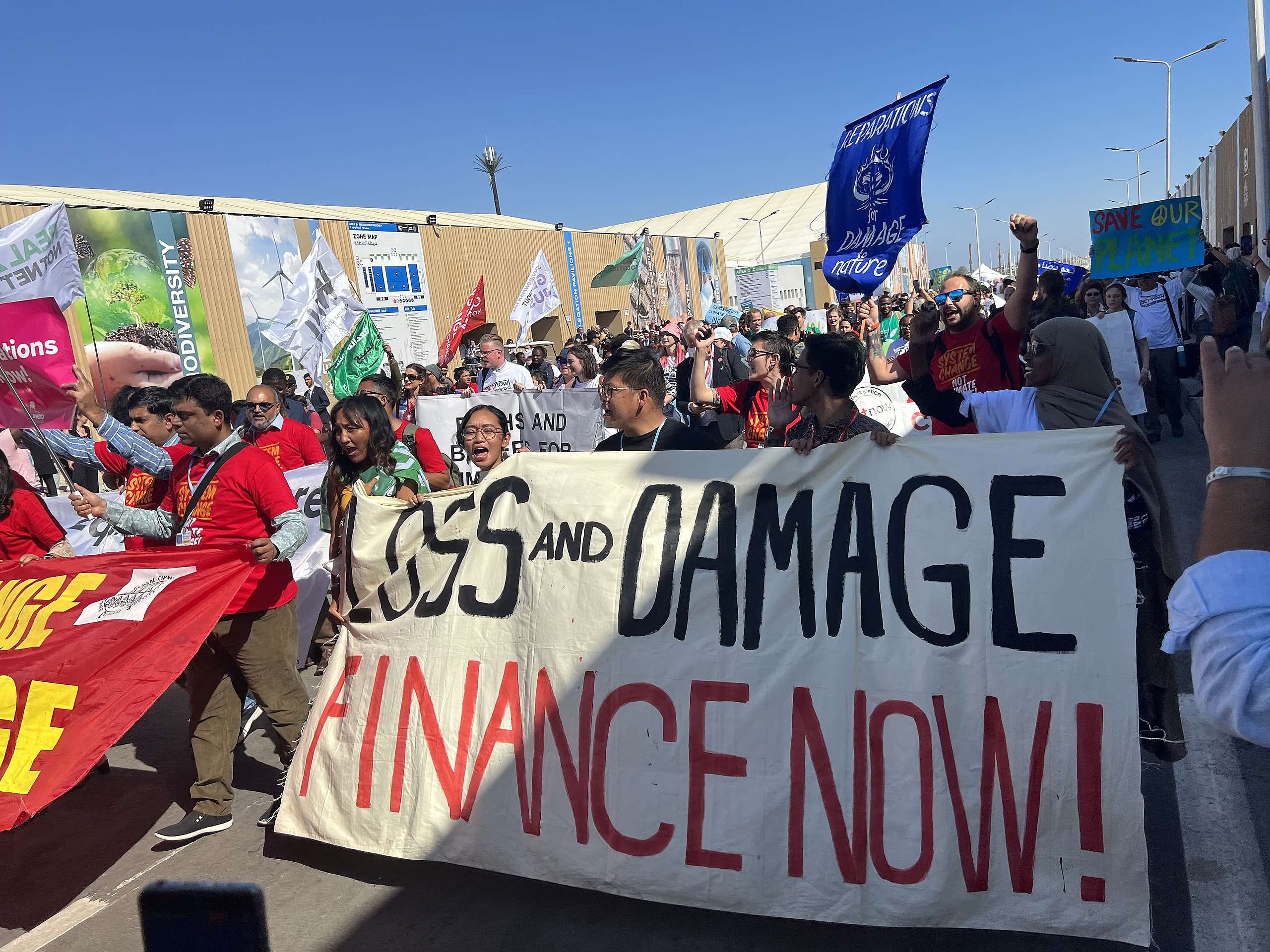All articles
-
Generation Climate Action: 2022 Greenpeace Southeast Asia Annual Report
This annual report is more than a ledger of deeds; it is a chronicle of Greenpeace Southeast Asia’s unyielding voyage to safeguard the Earth’s most life-rich realms.
-
Greenpeace boards, occupies Shell vessel with demand: Stop drilling, start paying
Shell recently suggested it could open up further areas for exploration. In the Philippines, Shell is eyeing a massive expansion of oil and gas import terminals, including in the fragile and biodiverse Verde Island Passage. Communities and climate advocates are protesting the move.
-
Greenpeace climate justice activists board and occupyShell platform en route to major oilfield with message: ‘STOP DRILLING. START PAYING.’
Shell must stop drilling and start paying. We’re taking action today because when Shell extracts fossil fuels it causes a ripple of death, destruction and displacement around the world, having the worst impact on people who are least to blame for the climate crisis.
-
Meet WISHULADA, the artist who turns plastic wastes into probing works of art
I have been told many times that If there is no plastic waste then I don’t have any materials to do my work, but I think that’s a great problem to have. The reason that I’m still working on this is because I want to highlight plastic's environmental impacts.
-
Indonesian and Malaysian leaders claim they must fight ‘discrimination’ against palm oil, raising questions about their commitment to stop deforestation
Questions have arisen after Indonesian President Joko Widodo stated he would 'combat discrimination against palm oil' following a meeting with Malaysian Prime Minister Anwar Ibrahim at the Bogor Palace on Monday, January 9 2022.
-
Open Letter: Position Of Indonesian Civil Society Organizations For The Global Biodiversity Framework
COP 15 is a make-or-break moment for global biodiversity
-
All eyes on Montreal: COP15 is the make-or-break moment for global biodiversity
Greenpeace calls for clear recognition of Indigenous Rights in an ambitious global biodiversity framework at COP15.
-
Sailing 1,000 km to save Thai mackerels
To prevent Thai mackerel from going extinct, local fishers have campaigned against catching, selling, and consuming juvenile fishes.
-
COP27 Loss and Damage Finance Facility a down payment on climate justice
In the end, if all fossil fuels are not rapidly phased out no amount of money will be able to cover the cost of the resulting loss and damage. It is that simple.
-
Notes from Sharm El-Sheikh
Activism was alive and well at #COP27 and through it all, the question in my mind was, who is listening?

